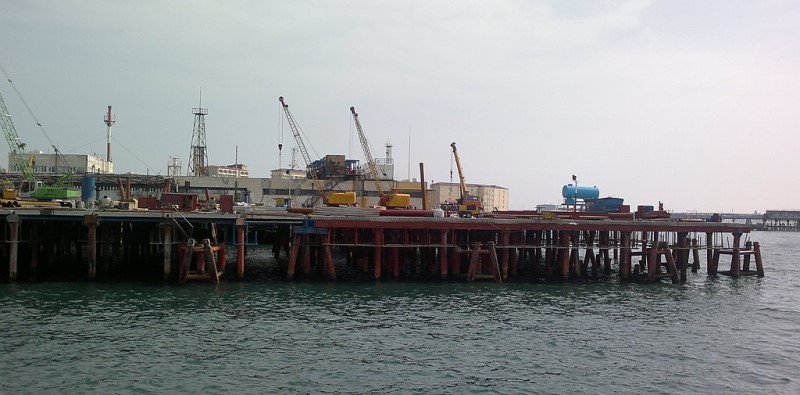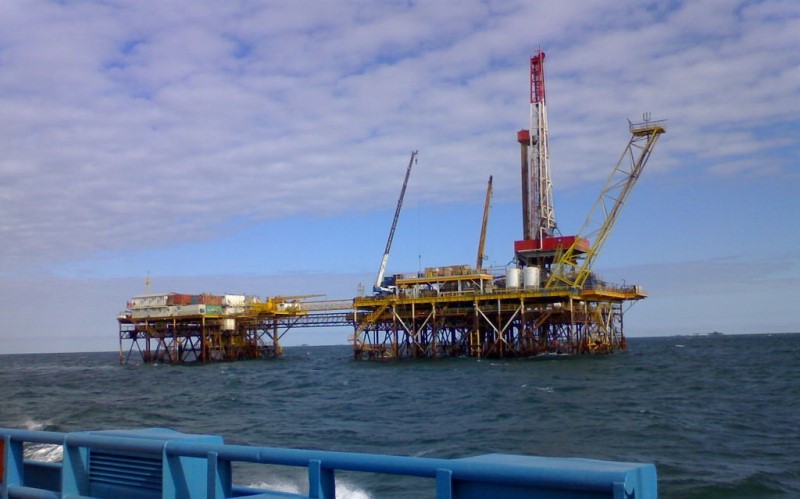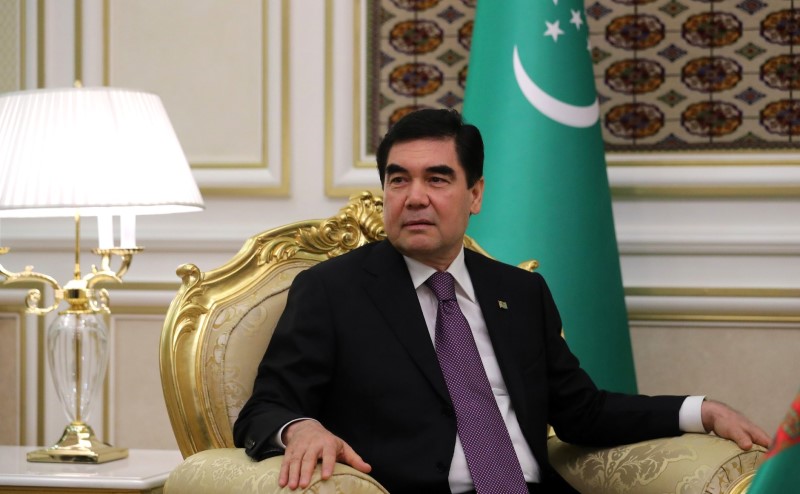The Second Karabakh War and Caspian Energy
By Fuad Shahbazov
April 19, 2021, the CACI Analyst
On November 10, the second war in Nagorno-Karabakh ended with a Russia-brokered ceasefire agreement signed between Azerbaijan and Armenia. While the 44-day war caused severe damages to frontline settlements and civilian casualties on both sides, frequent missile attacks carried out by Armenia towards Azerbaijani cities and infrastructure beyond the frontline raised concerns not only in Baku but also in the EU regarding the security of vitally important energy infrastructure. The possibility of damages to energy infrastructure, particularly the Baku-Tbilisi-Ceyhan oil pipeline and the Trans-Anatolian Pipeline, would explicitly put the role of these pipelines in European energy security under question.

Azerbaijan and Turkmenistan Agree on the Caspian
By Robert M. Cutler
March 12, 2021, the CACI Analyst
For over twenty years, Azerbaijan and Turkmenistan have been at odds over the mid-Caspian oil and gas field that the former called “Kepez” (often rendered “Kyapaz” from the Russian) and that the latter called “Sardar.” In late 2020, they agreed to rename it Dostlug/Dostluk, meaning “Friendship” in their Turkic languages. On January 21, they signed a Memorandum of Understanding (MoU) agreeing on the terms for their joint exploration and development of the field. This agreement removes the last obstacle to the construction of the Trans-Caspian Gas Pipeline (TCGP).

Amid Rising Crises, Turkmenistan Strengthens its Military and International Outreach
By John C. K. Daly
November 19, 2020, the CACI Analyst
The year 2020 is proving to be inordinately arduous for Turkmenistan, inflicted with a multitude of problems including the Covid-19 pandemic, plummeting natural gas prices and increasing concerns about rising violence in neighboring Afghanistan. Complicating the Turkmen government’s response to these crises is the country’s relative isolation imposed by its internationally recognized policy of strict neutrality. Given the transnational nature of these issues, the Turkmen government is fitfully readjusting its domestic and foreign policies to cope, as the threats are both internal and regional. The Turkmen government is increasingly aware that Turkmenistan cannot unilaterally resolve these threats and is attempting to devise international outreach programs for assistance, a significant deviation from its previous isolationist nationalist policies.



